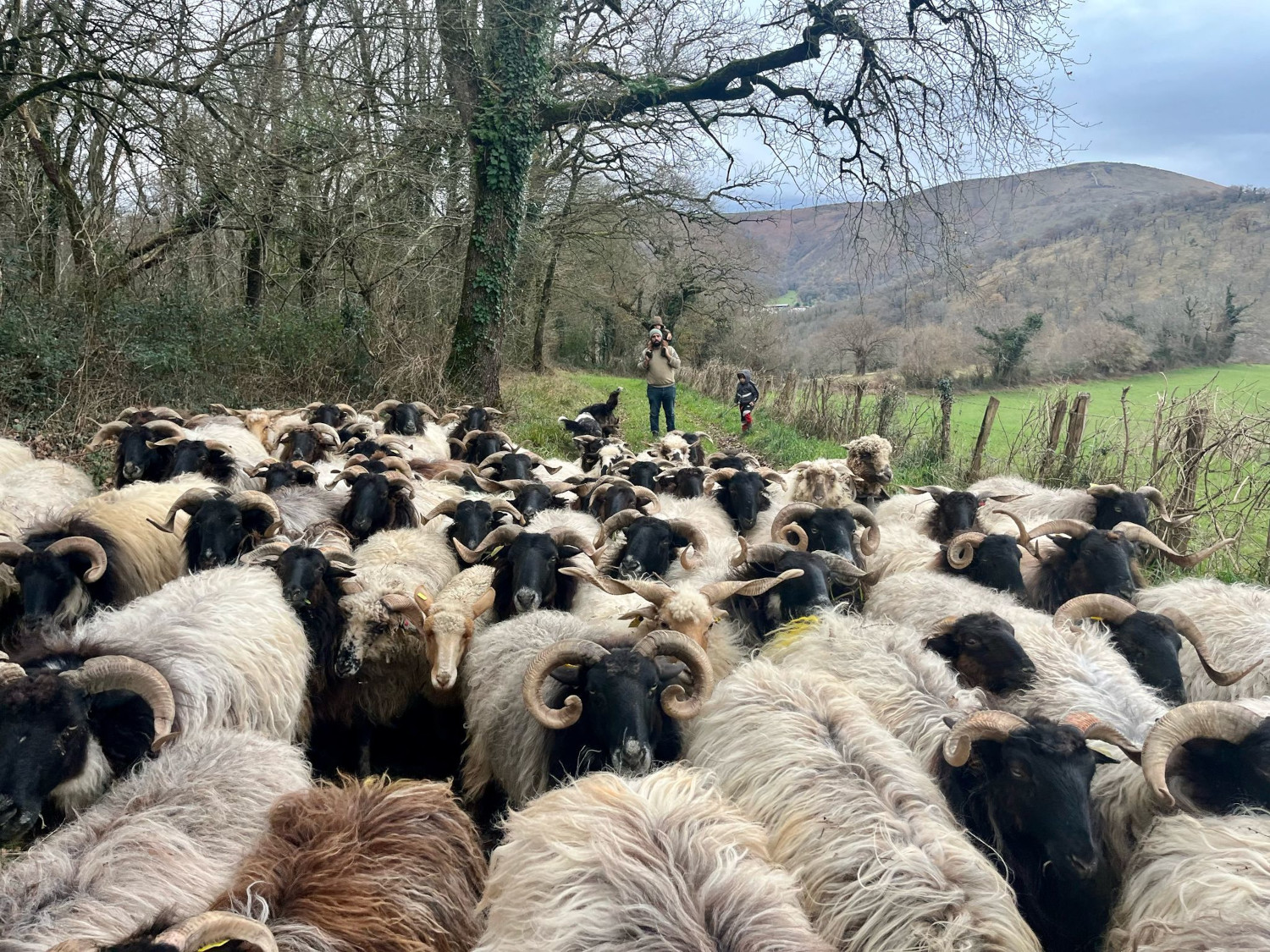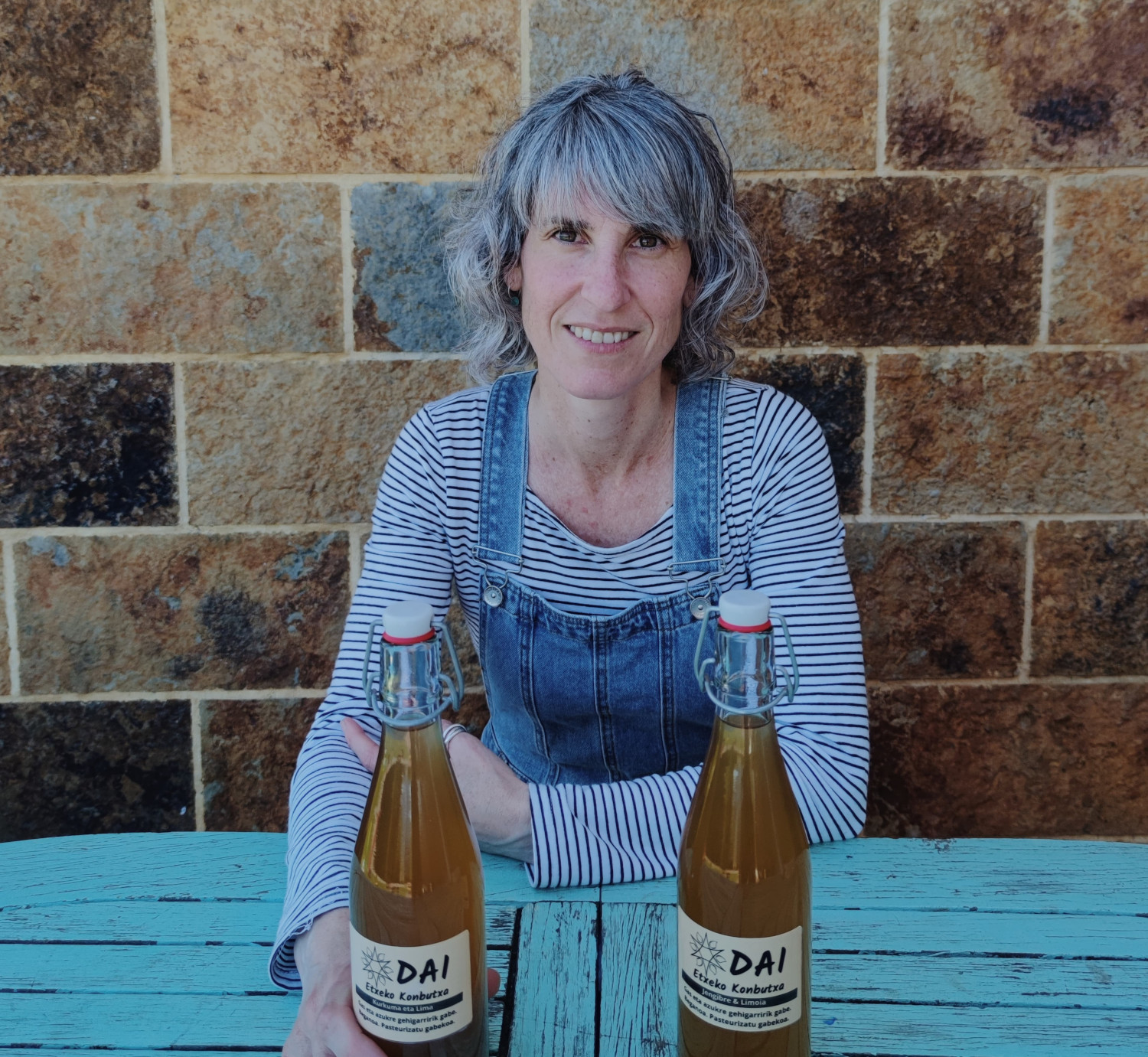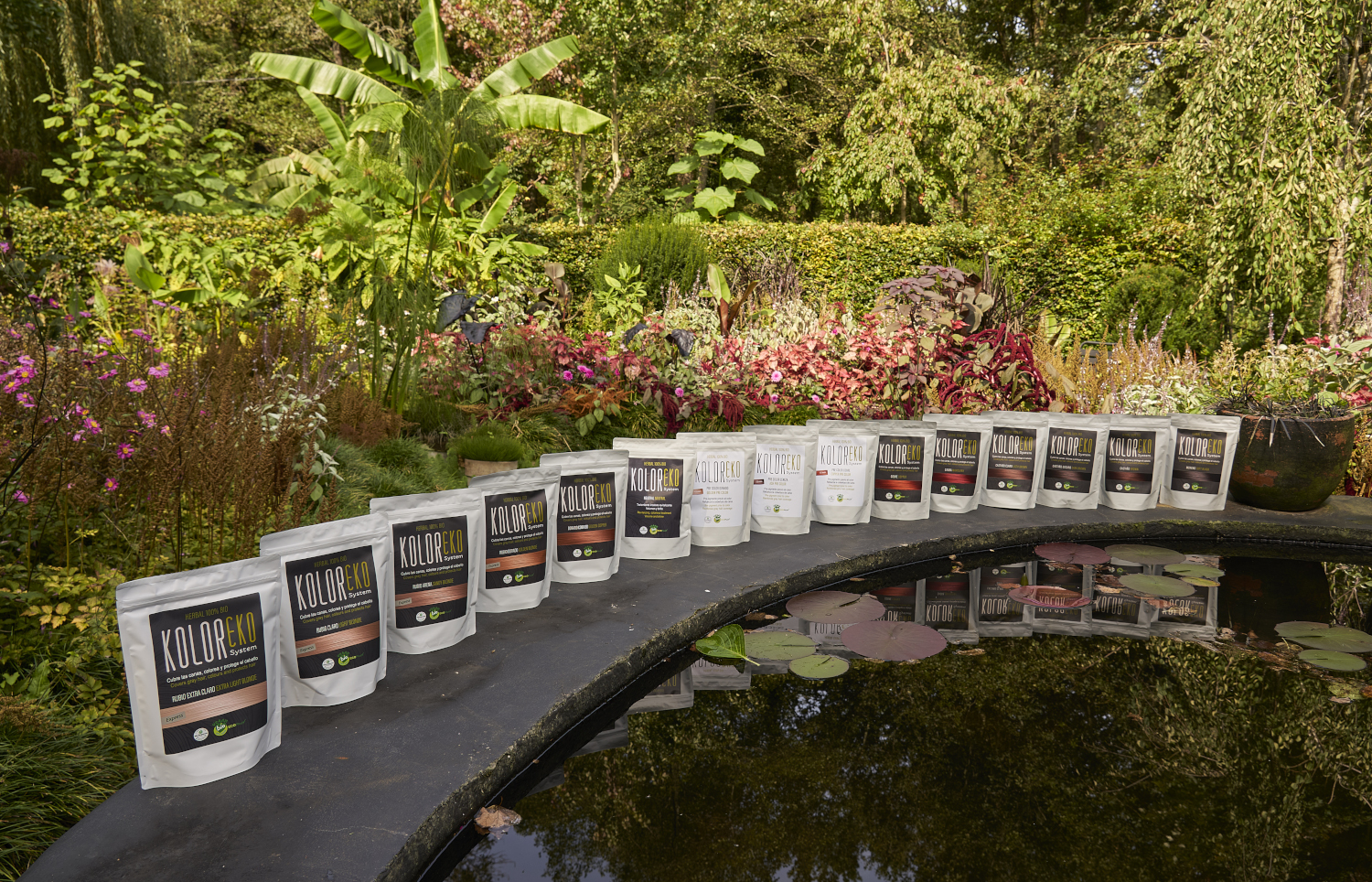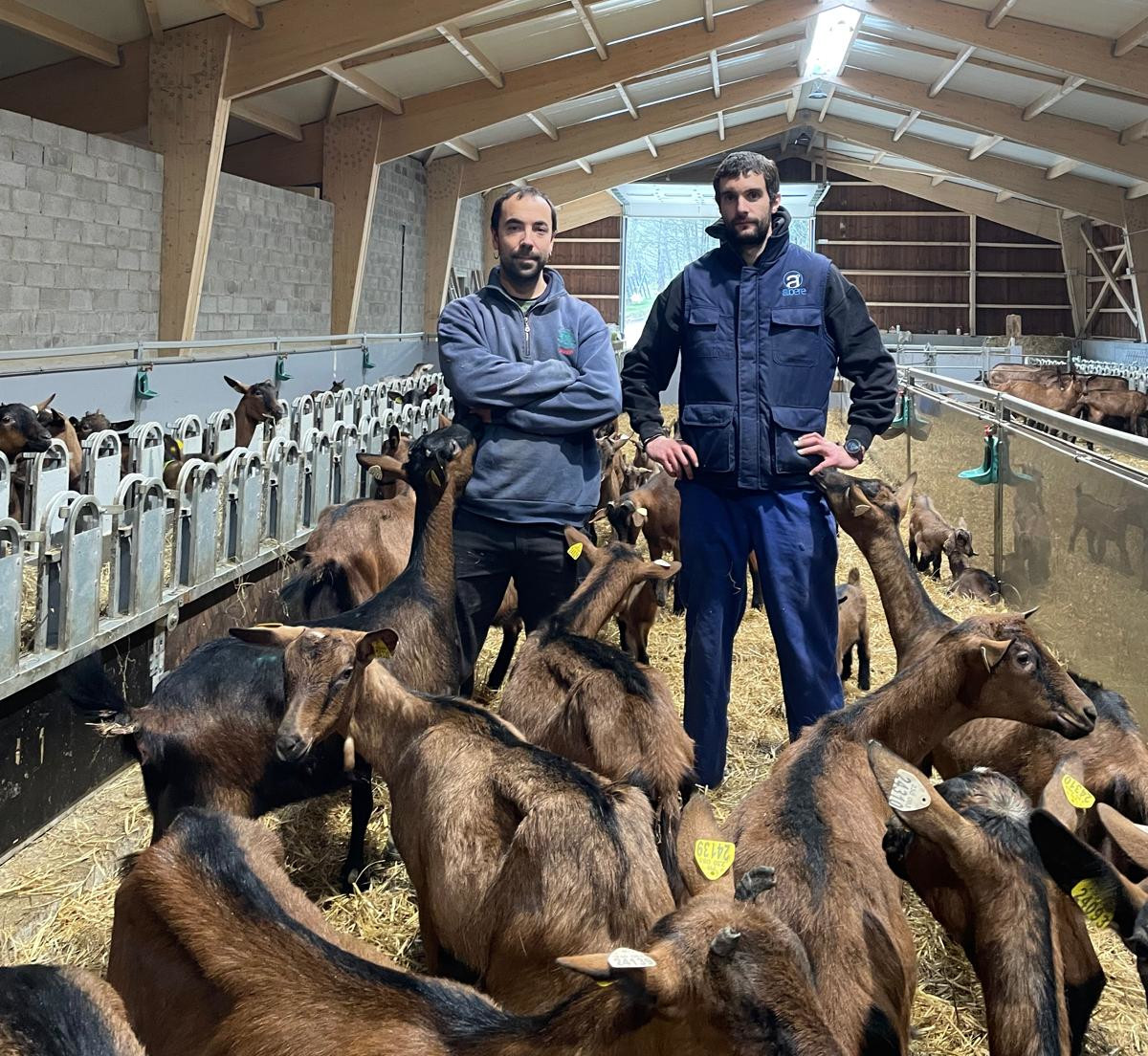Project driven by the village house, reference in biological culture
- In 2011, the biological cultivation project began at the Garro de Lekorne Farm: “The land belonged to the Consistorial House and the project was created by the elected offices of the same and the Public College,” explains Argitxu Ithourria. They started with the objective of promoting biological cultivation, and about 85 local and nearby partners are part of the cooperative that manages the estate. On a daily basis, five people work. They produce and sell vegetables close to families, canteens and restaurants. By agreement with the City Hall, farmers can use the land of the town.

Currently they produce about 40 horticulturists in the Garro Farm, in the outdoor gardens and in the greenhouses: “Greenhouses are not, however, greenhouses,” the manufacturer said. Exploitation of 9 hectares of land in a biological model. In addition to the orchard, in 2018 a fruit area was planted on the farm, mainly apples and pears. And in 2020, they began to produce small plants for the garden in order to develop autonomy. “They used to make us a plant producer here, but that was over, and we thought we started making our typical plants.” Besides for them, currently they also produce plants for another six nearby farms.
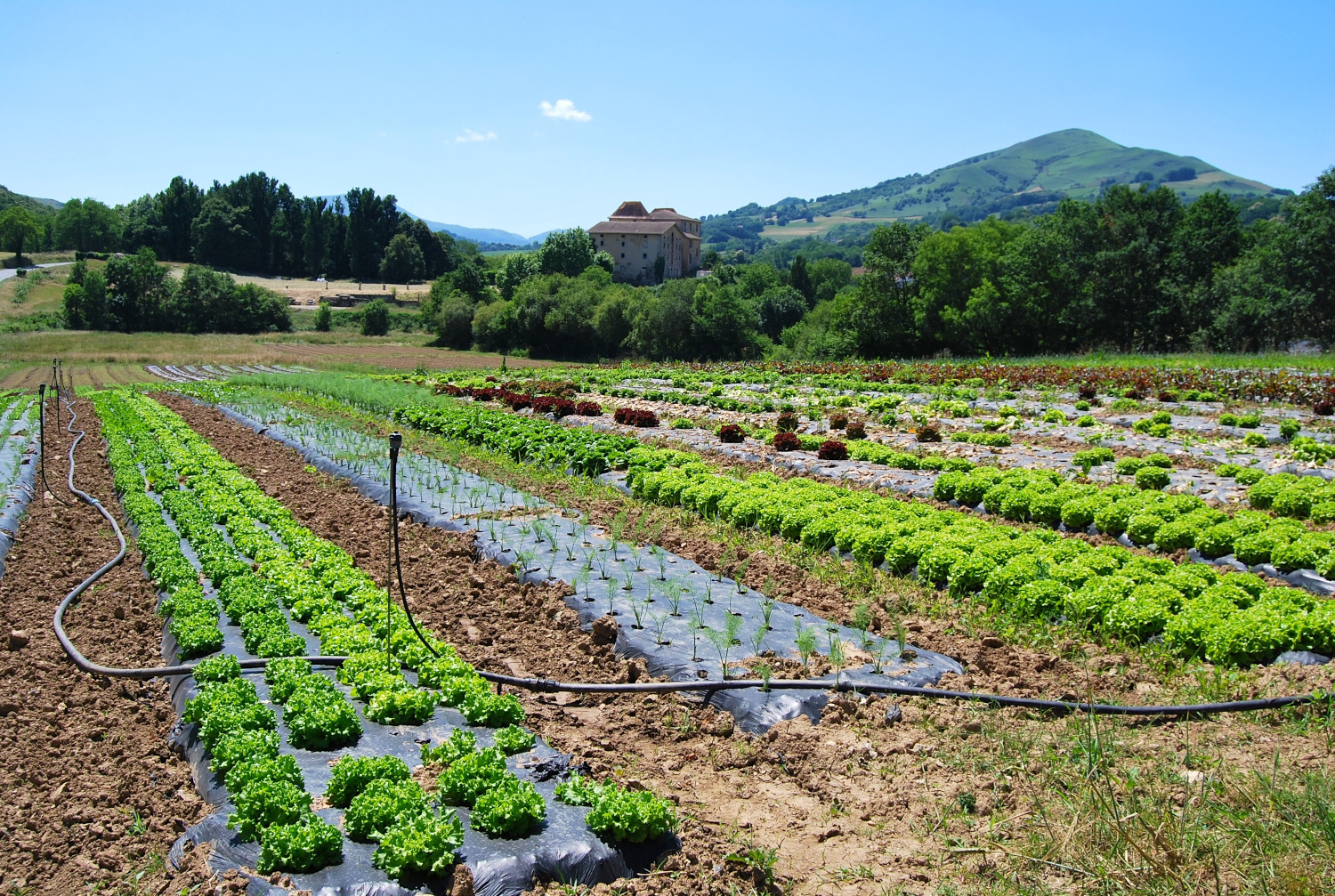
Direct selling and automatic fruit and vegetable machinery
The members of the Garro Farm sell their vegetables directly through fairs and baskets, but also through the automatic distribution apparatus of vegetables that are in operation on the farm itself. “In France this form of sale is highly developed: it is a machine with boxes and the consumer chooses the vegetables he wants to buy, pays by card and opens the boxes,” he explains. On the other hand, through the Iparlab distribution project, created a couple of years ago, they also sell the product to canteens and other dining rooms.
Looking back, Ithourria has positively valued the project: “Here too there are people who are going to buy to overcome, but in general the habit of buying the native and the biological is embedded in people’s lives.” But as far as the farming profession is concerned, Ithourra is concerned: “Our profession is becoming more and more difficult: the climate is changing, there are more diseases, there are more constipation… To produce the same thing today, more money is needed, and I believe that cultivation will become more technical.”
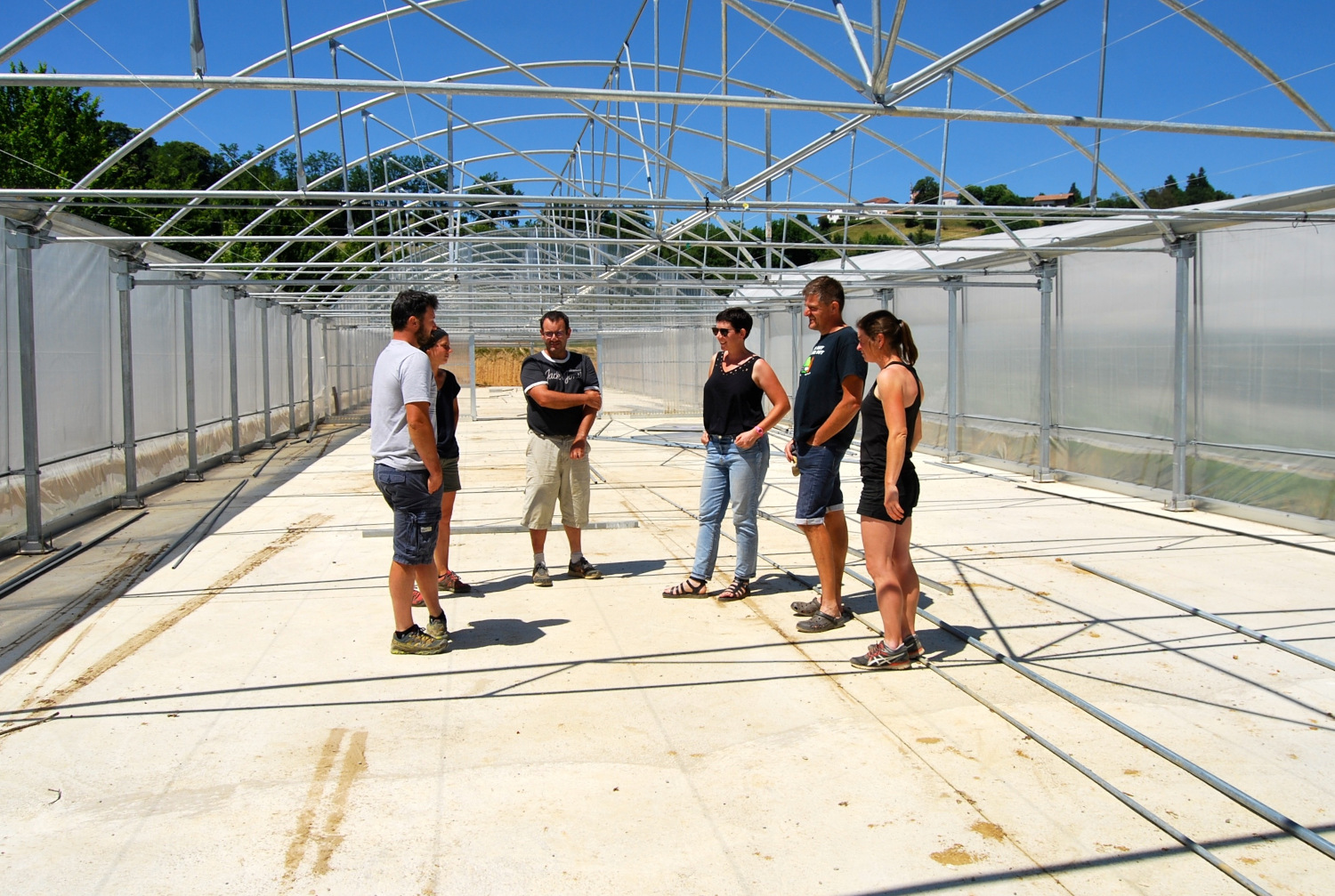
Duela lau urte abiatu zuten Azpeitian Enkarguk proiektua, Udalaren, Urkome Landa Garapen Elkartearen eta Azpeitiako eta Gipuzkoako merkatari txikien elkarteen artean. “Orain proiektua bigarren fasera eraman dugu, eta Azkoitian sortu dugu antzeko egitasmoa, bere izenarekin:... [+]
Donostiako Amara auzoko Izko ileapaindegi ekologikoak 40 urte bete berri ditu. Familia-enpresa txikia da, eta hasieratik izan zuten sortzaileek ile-apainketan erabiltzen ziren produktuekiko kezka. “Erabiltzaileen azalarentzat oso bortzitzak dira produktu gehienak, baina... [+]
Ubidekoak (Bizkaia) dira Imanol Iturriotz eta Aritz Bengoa gazteak. “Lagunak gara txikitatik, eta beti izan dugu buruan abeltzaintza proiektu bat martxan jartzeko ideia”, azaldu du Iturriotzek. Nekazaritzari lotutako ikasketak izan ez arren, baserri munduarekin eta... [+]
Iruñean bizi ziren Iñaki Zoko Lamarka eta Andoni Arizkuren Eseberri gazteak, baina familiaren herriarekin, Otsagabiarekin, lotura estua zuten biek betidanik. “Lehen, asteburuetan eta udan etortzen ginen eta duela urte batzuk bizitzera etorri ginen”, dio... [+]
Gipuzkoako hamaika txokotatik gerturatutako hamarka lagun elkartu ziren otsailaren 23an Amillubiko lehen auzo(p)lanera. Biolur elkarteak bultzatutako proiektu kolektiboa da Amillubi, agroekologian sakontzeko eta Gipuzkoako etorkizuneko elikadura erronkei heltzeko asmoz Zestoako... [+]
Emakume bakoitzaren errelatotik abiatuta, lurrari eta elikadurari buruzko jakituria kolektibizatu eta sukaldeko iruditegia irauli nahi ditu Ziminttere proiektuak, mahai baten bueltan, sukaldean bertan eta elikagaiak eskutan darabiltzaten bitartean.








